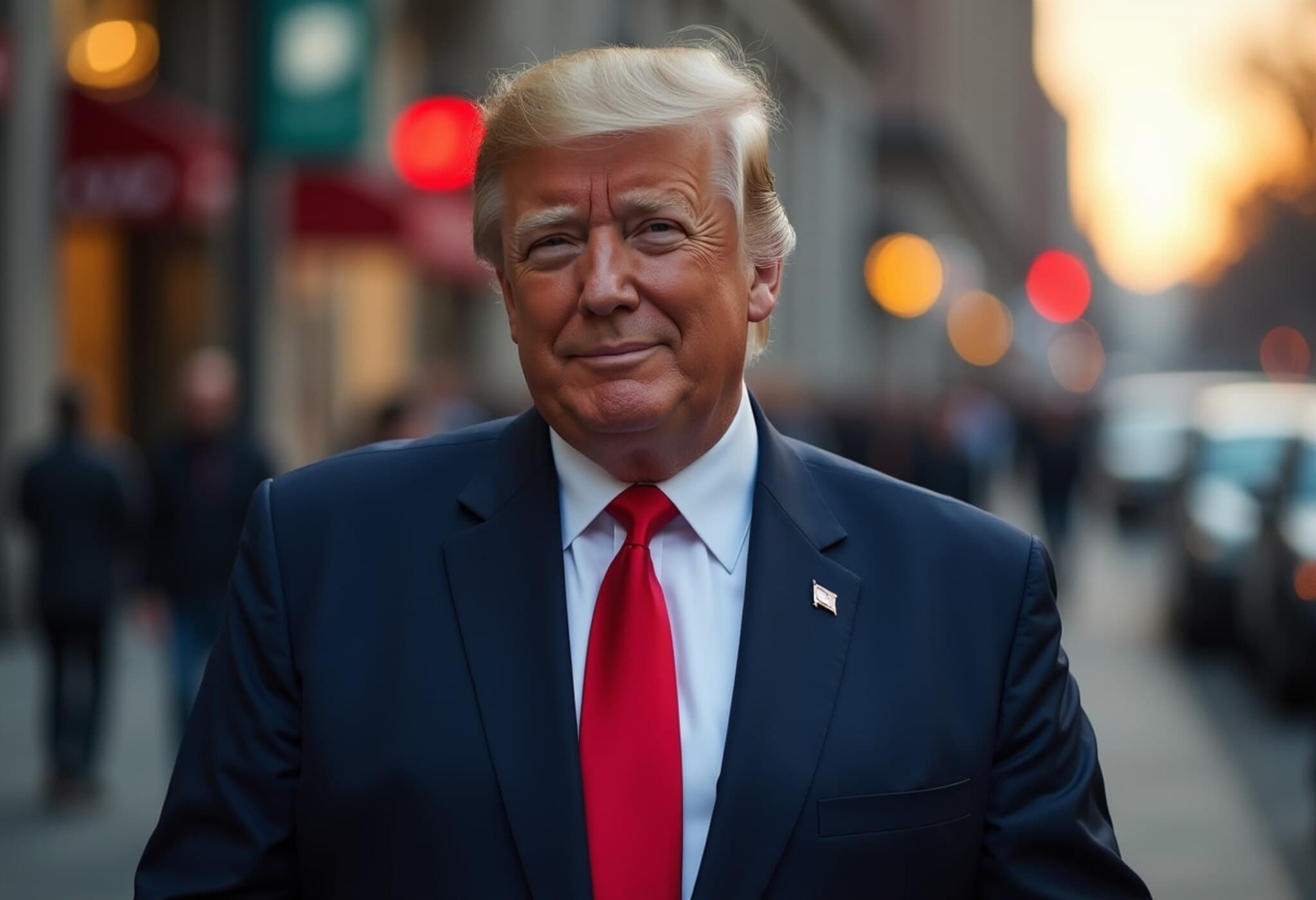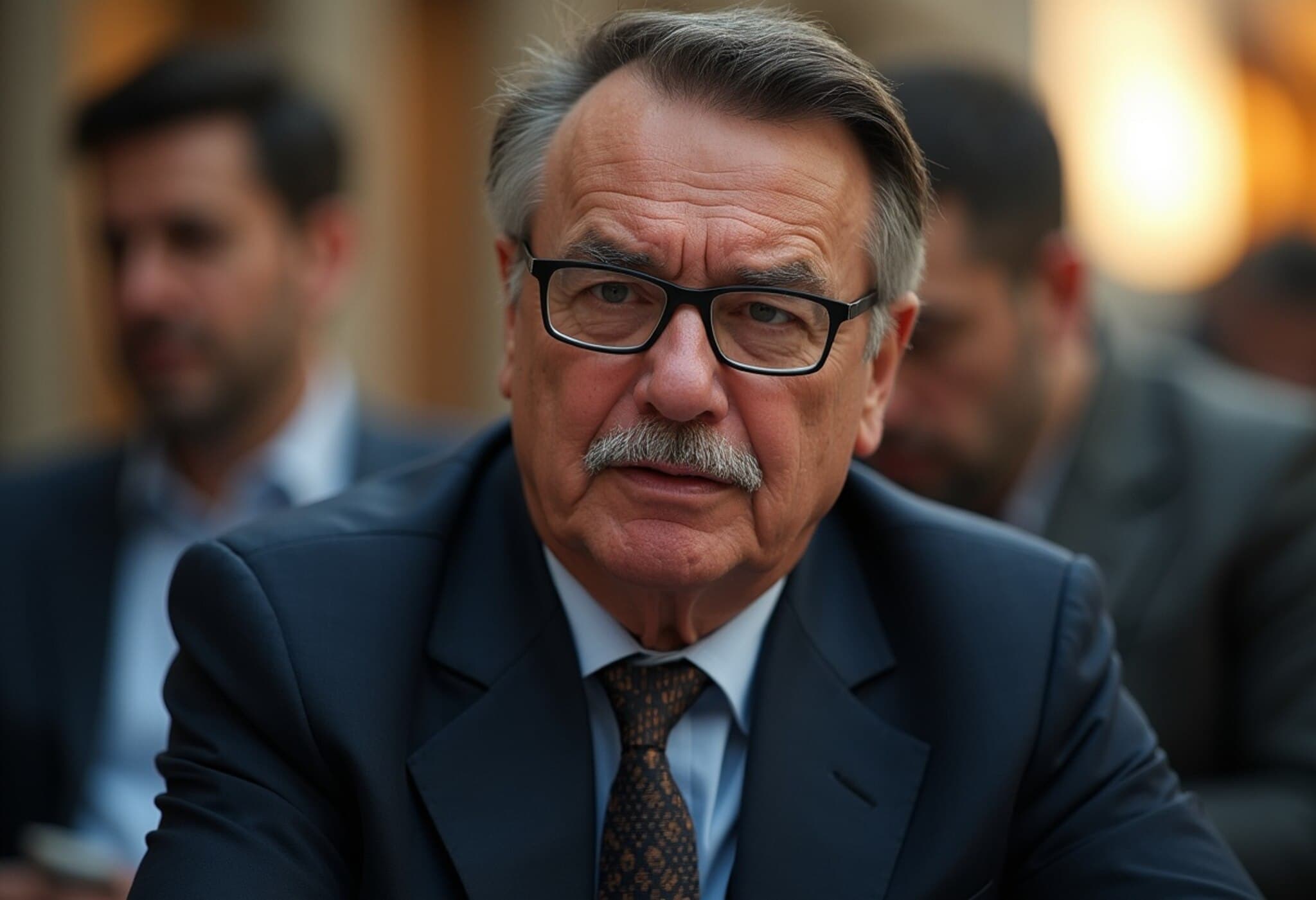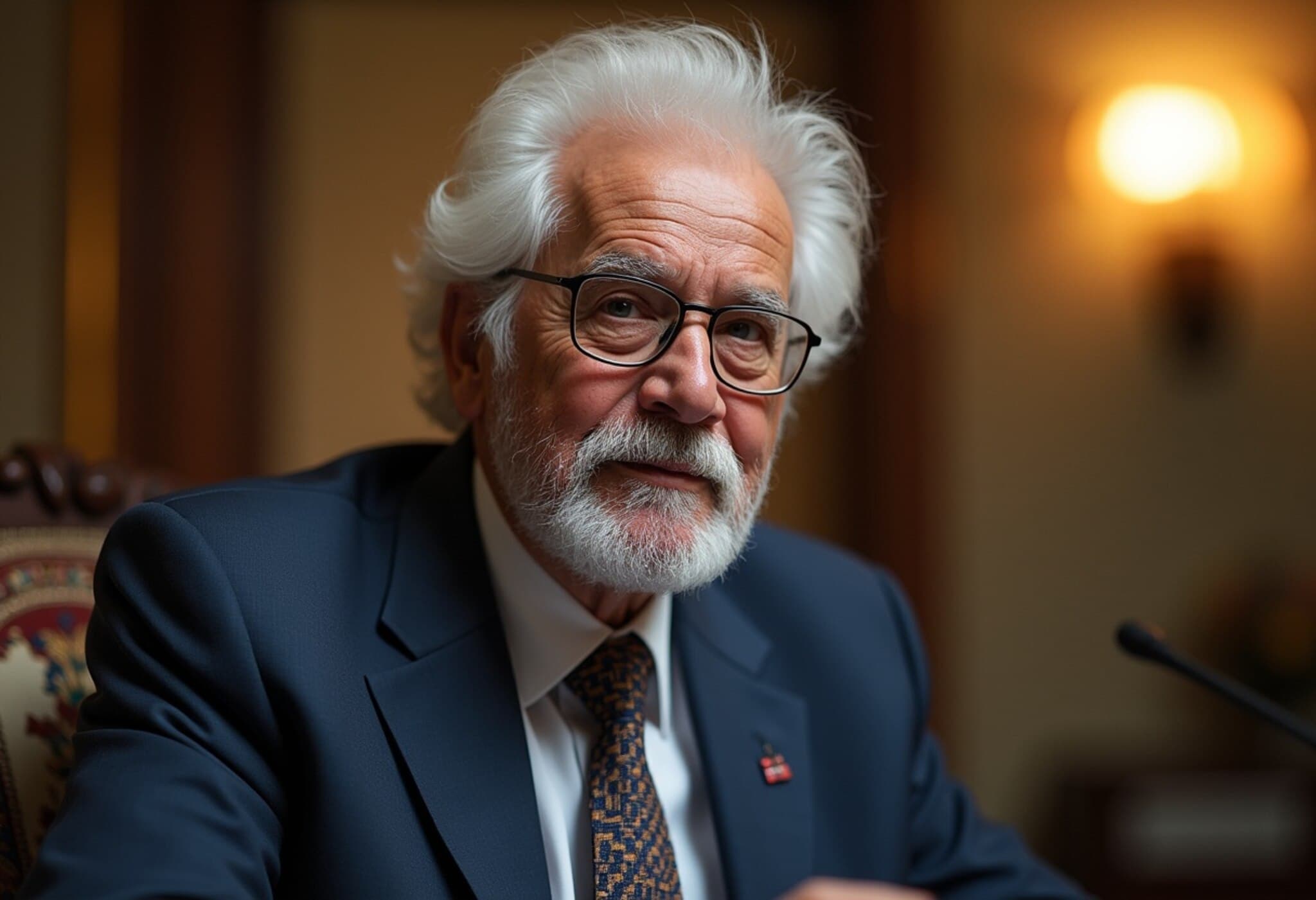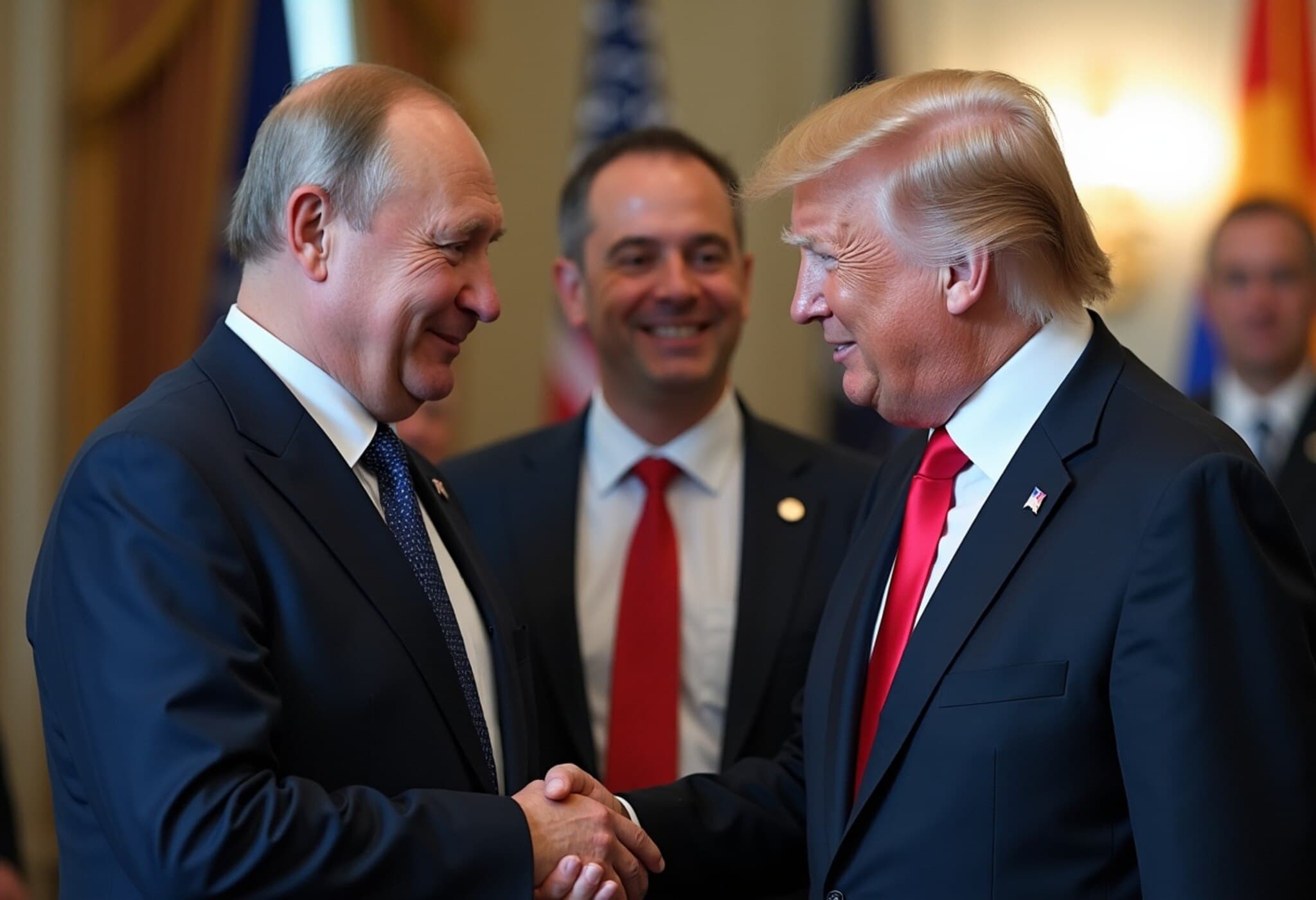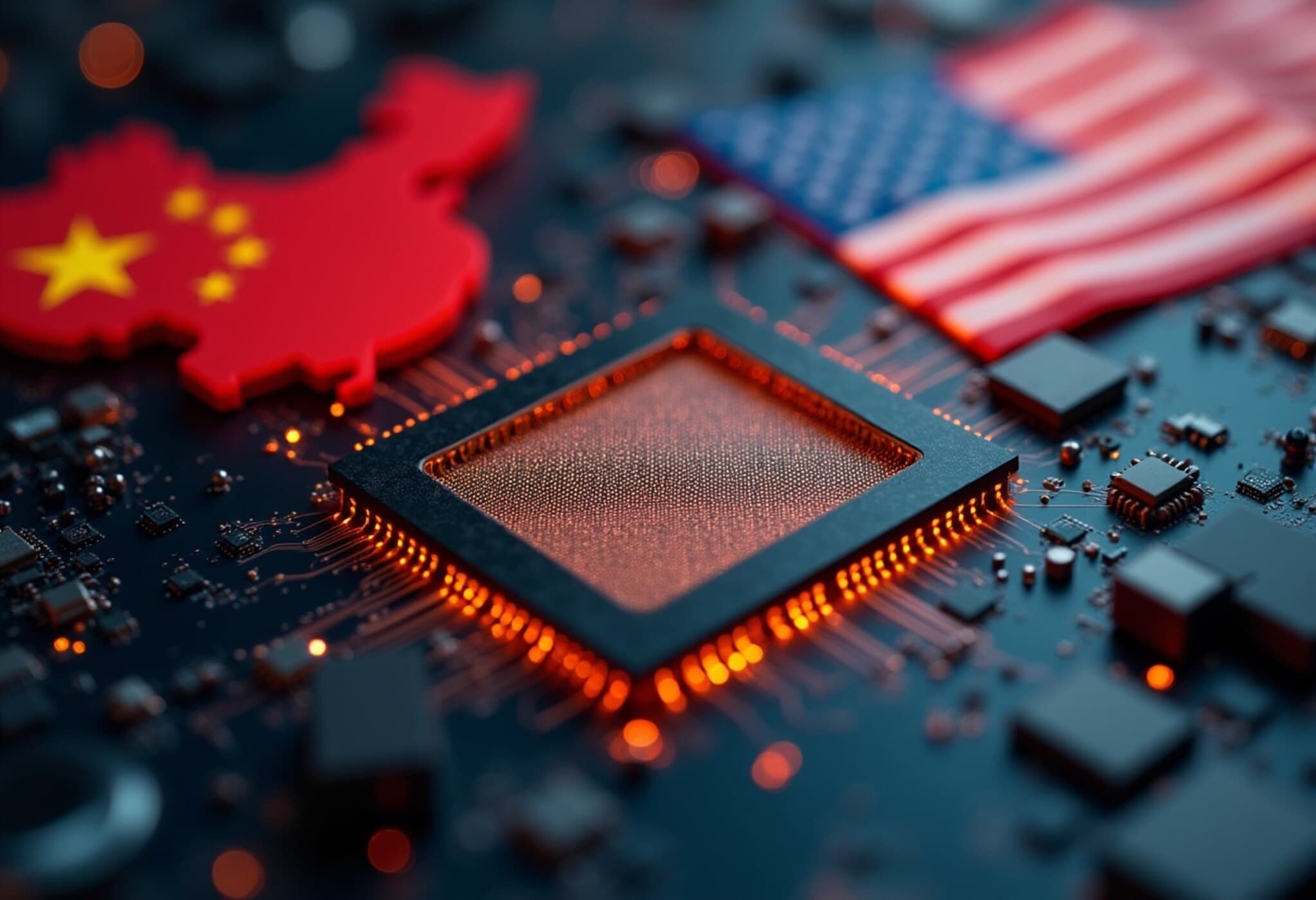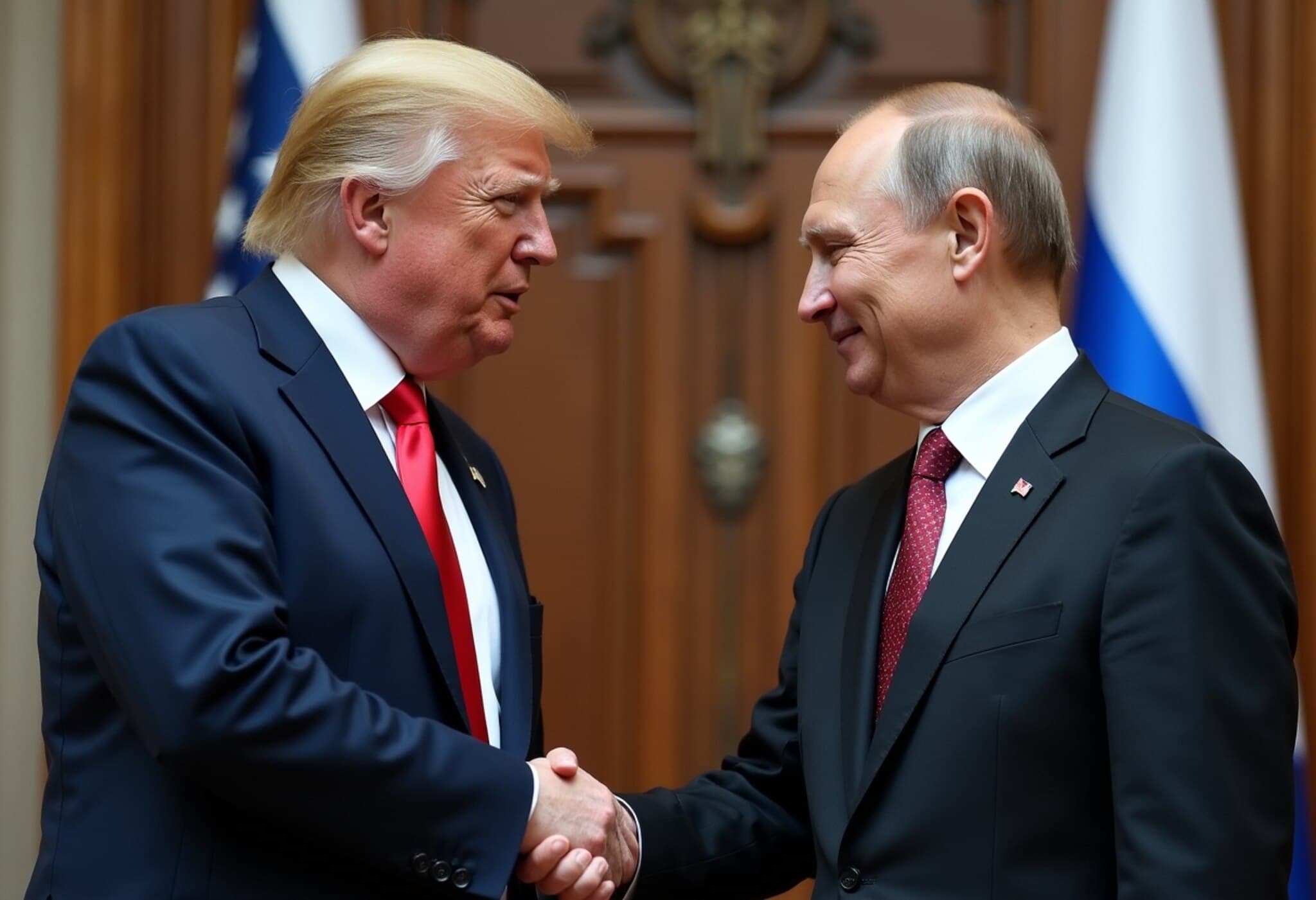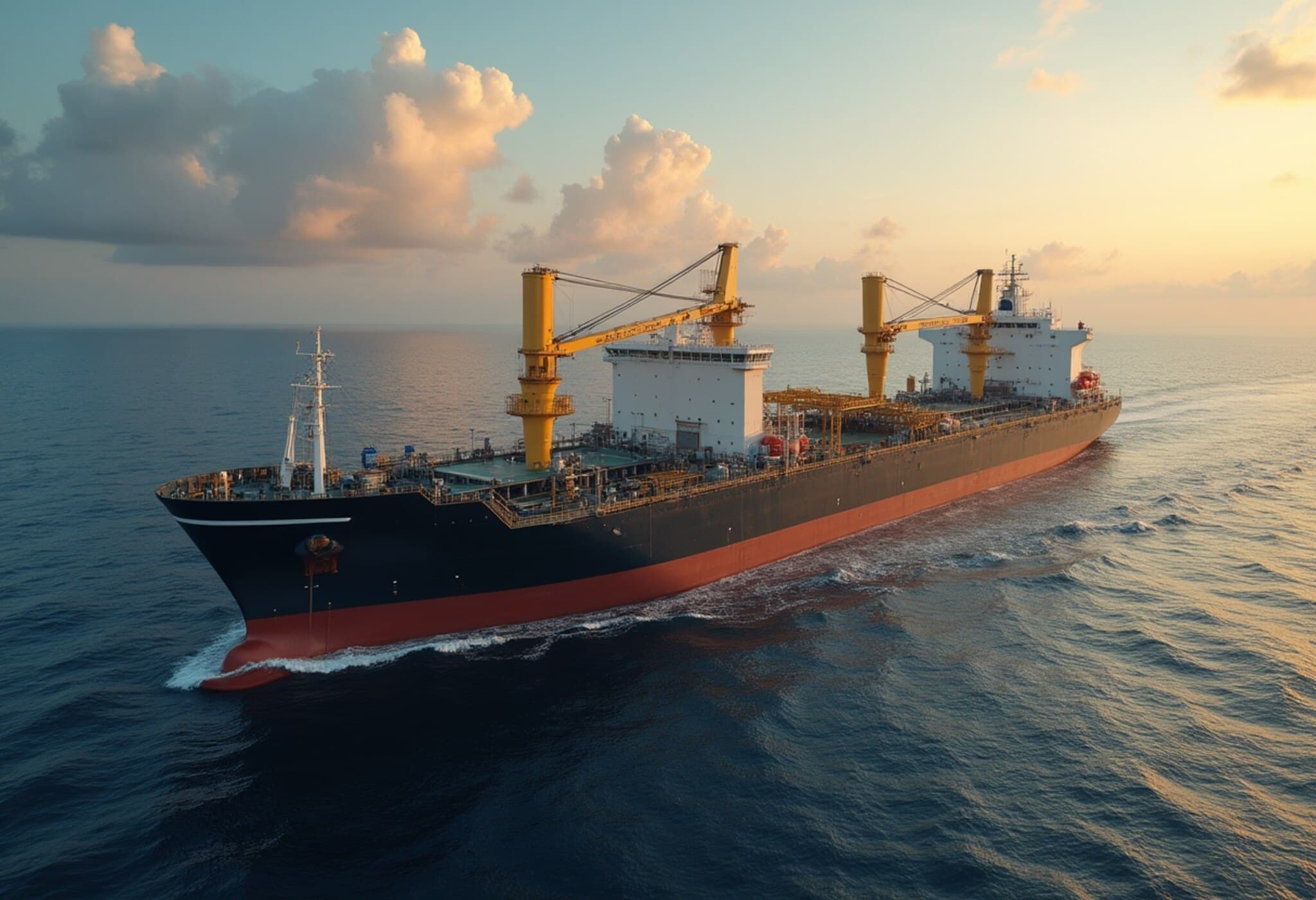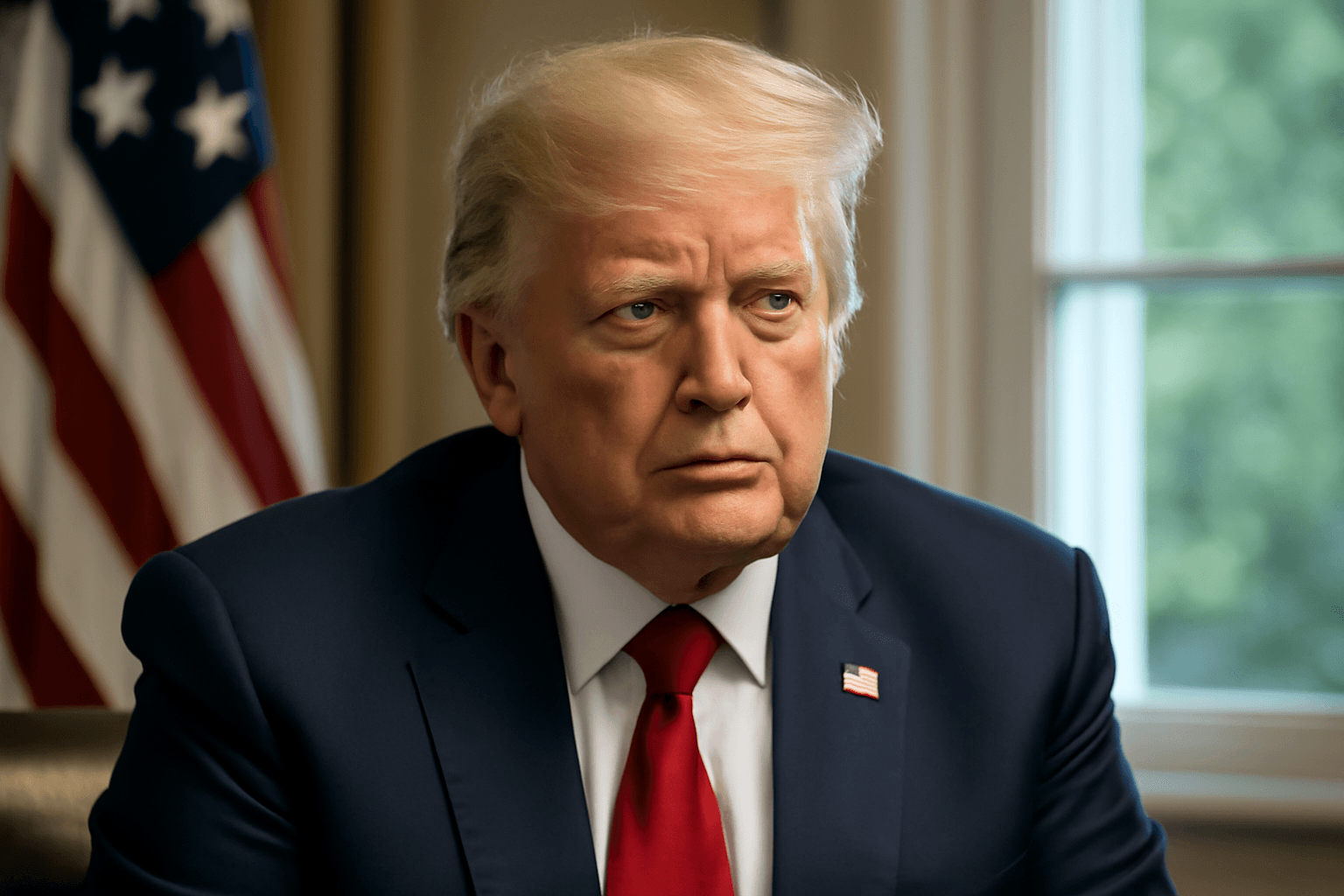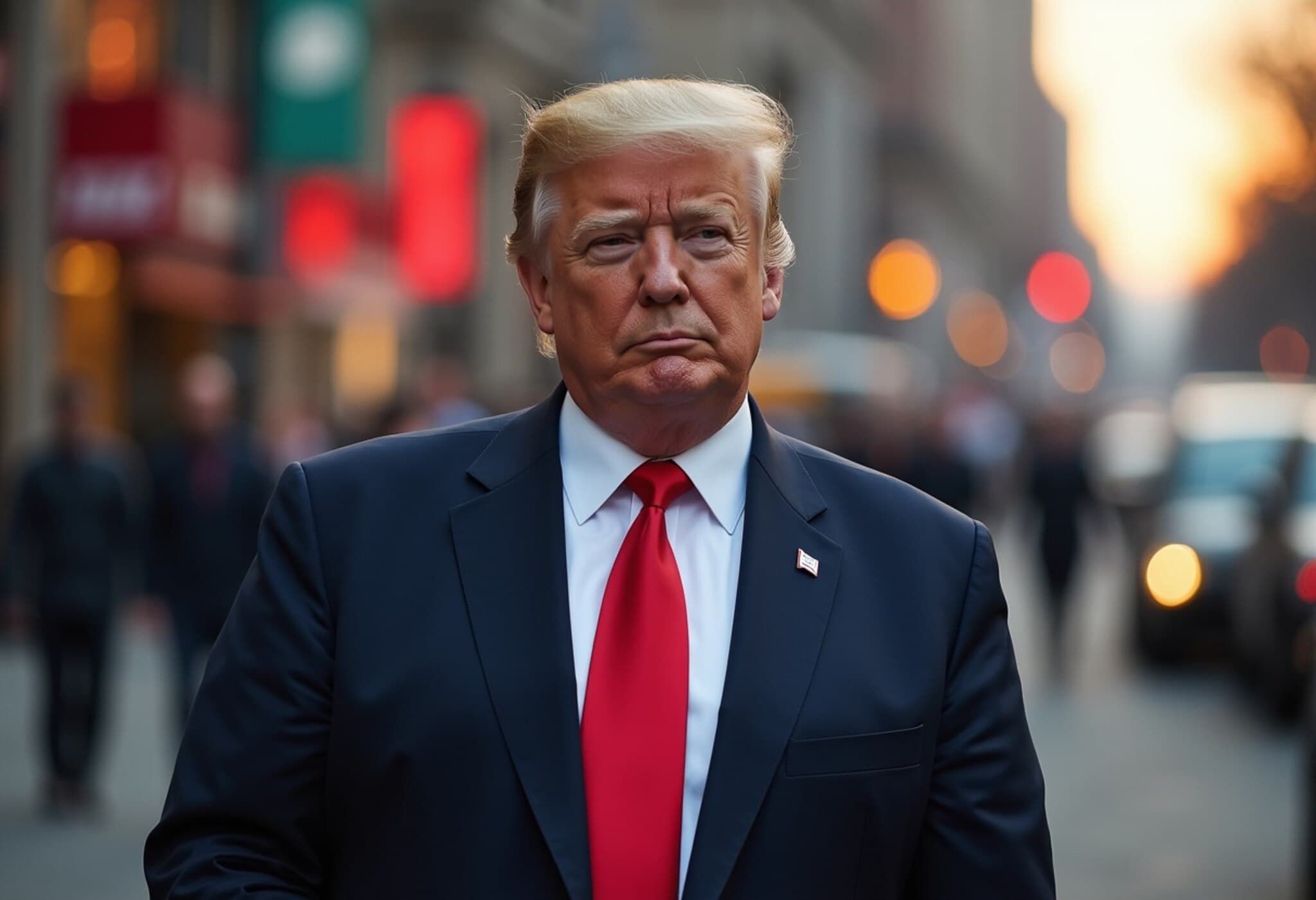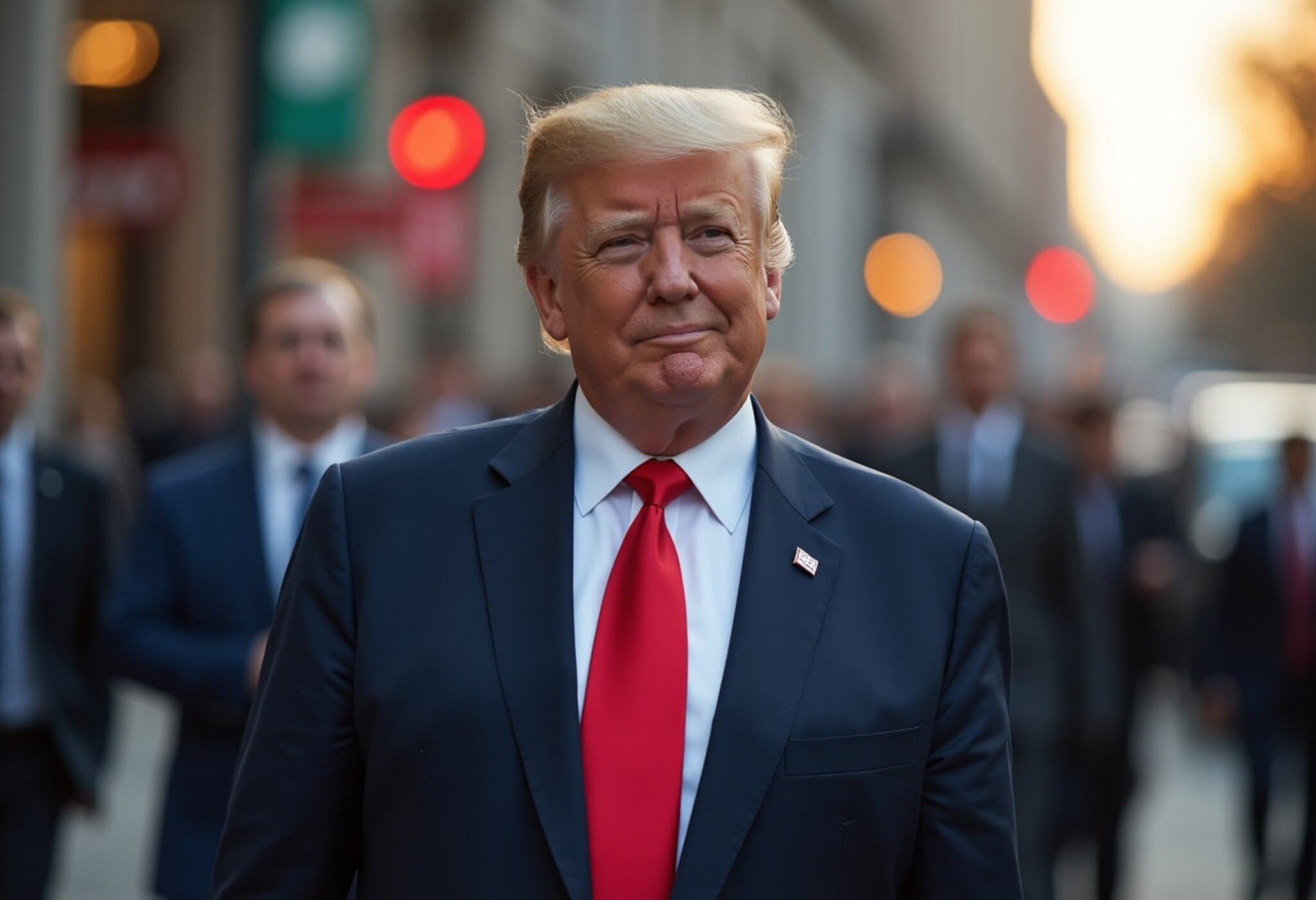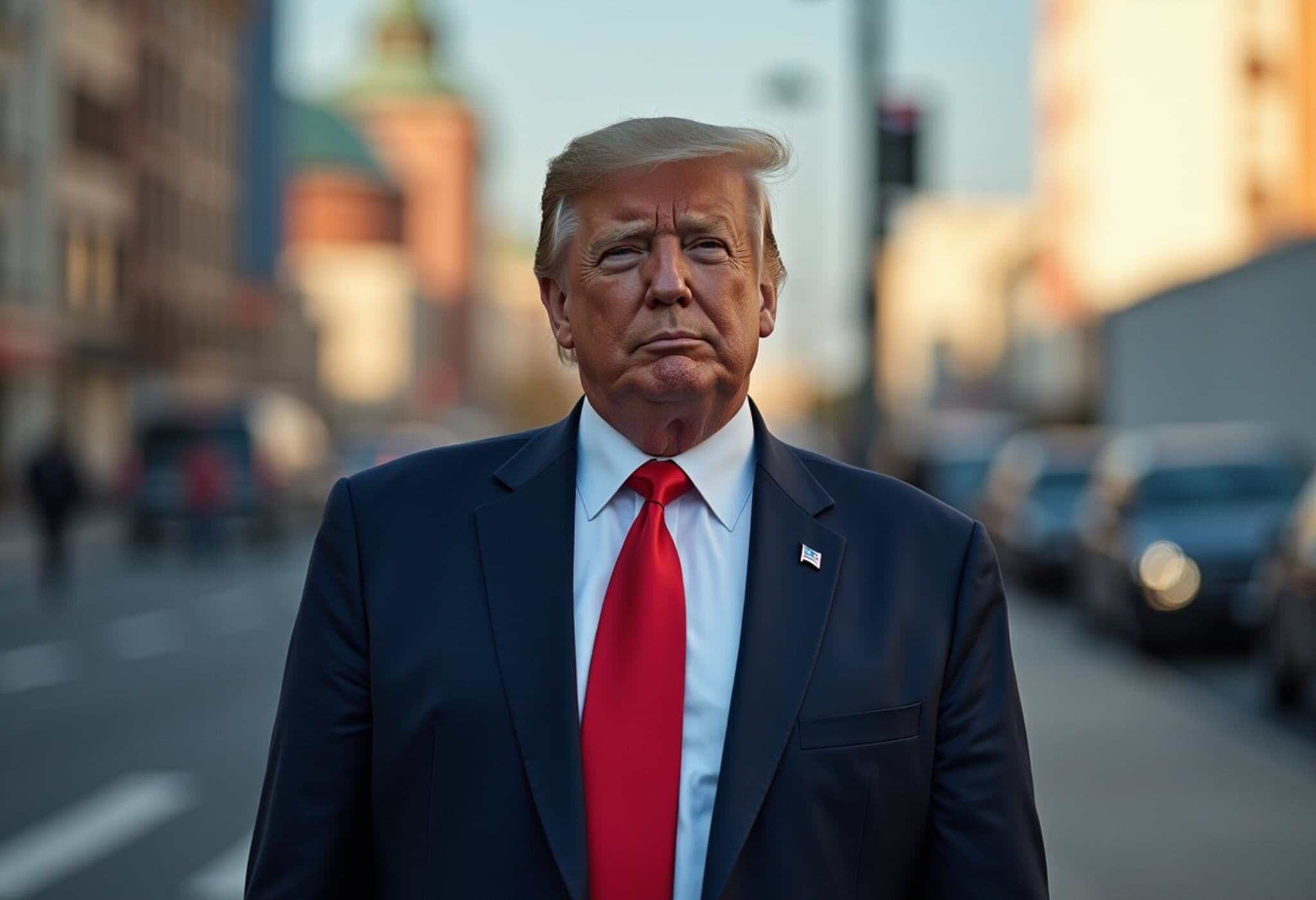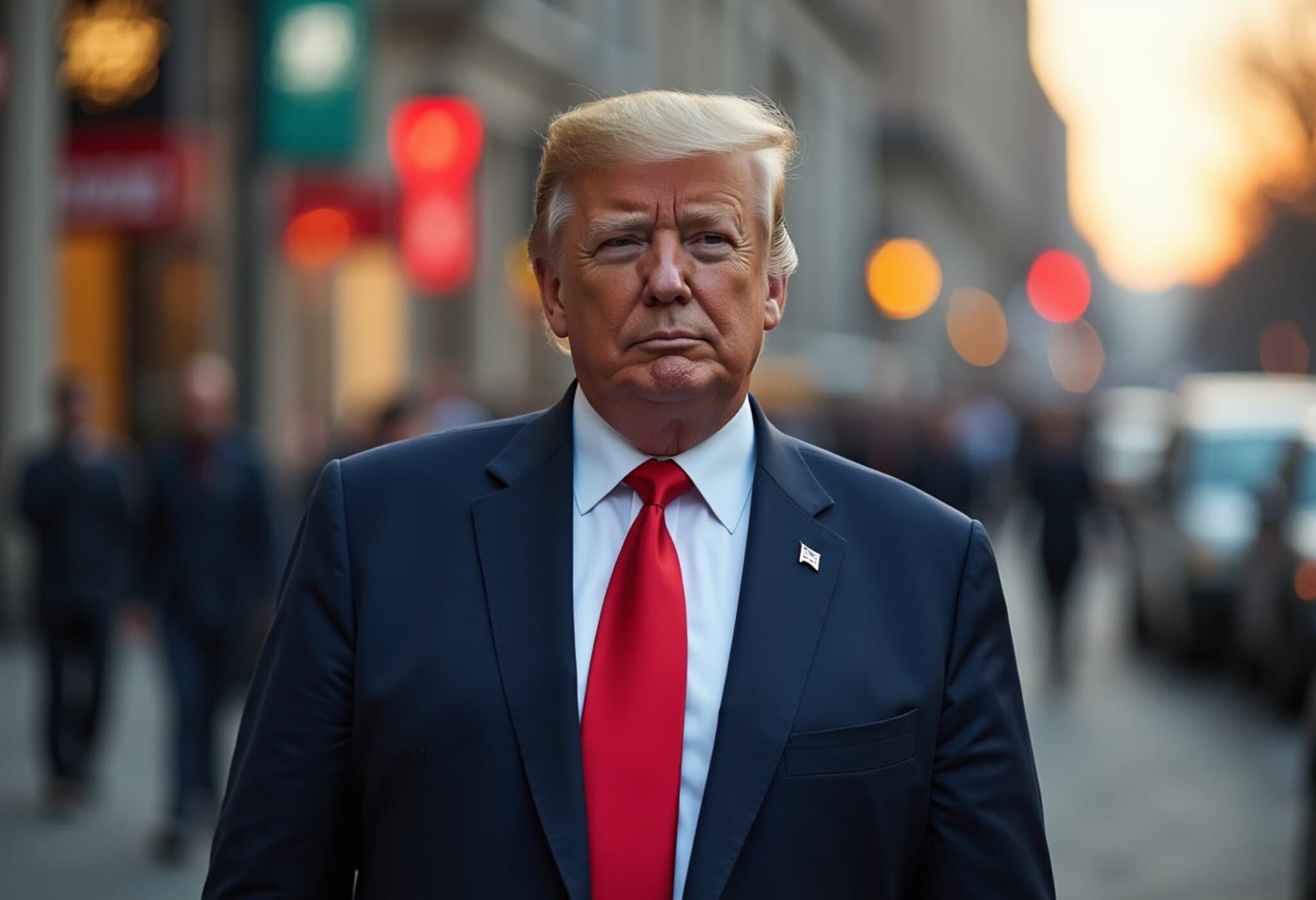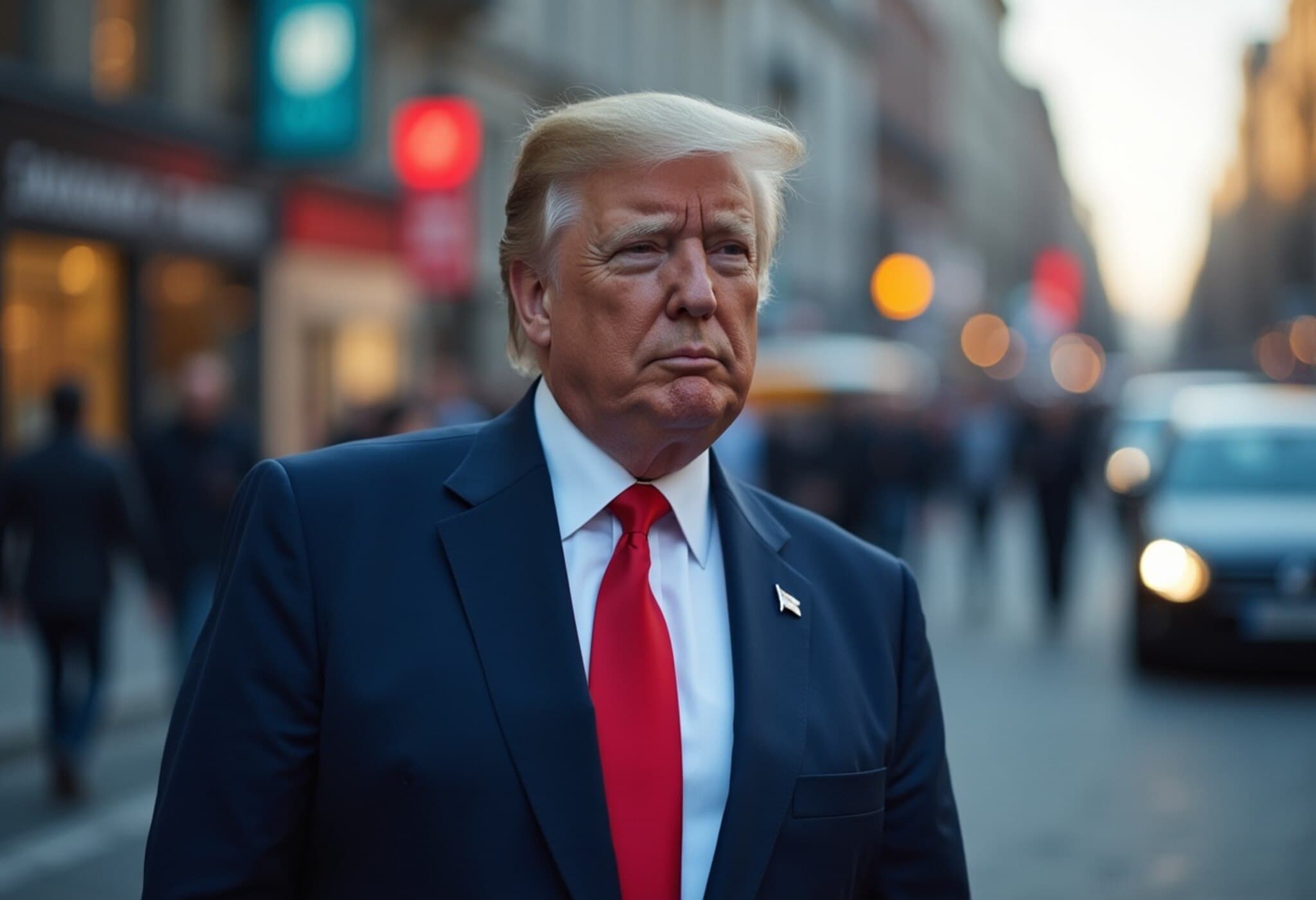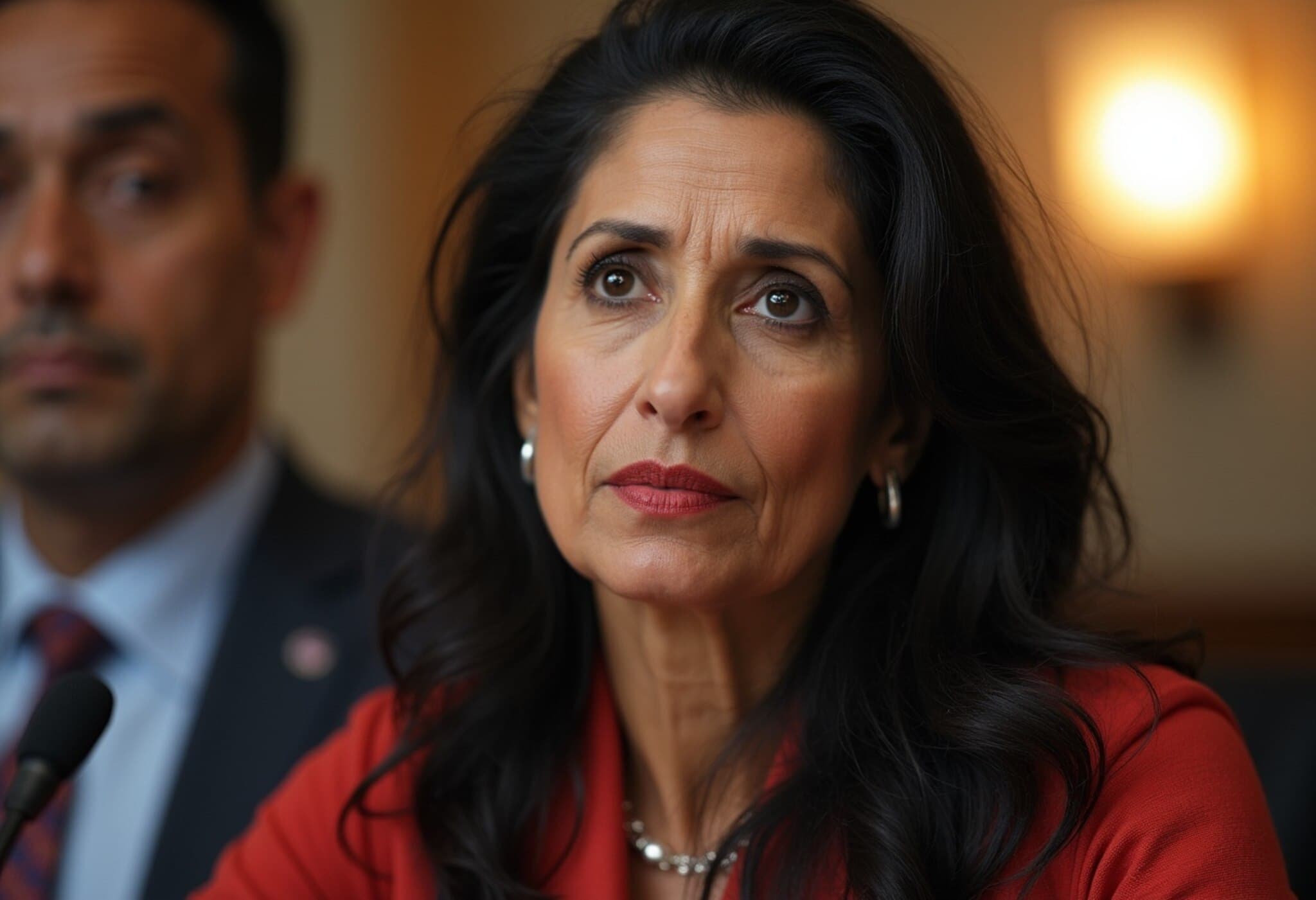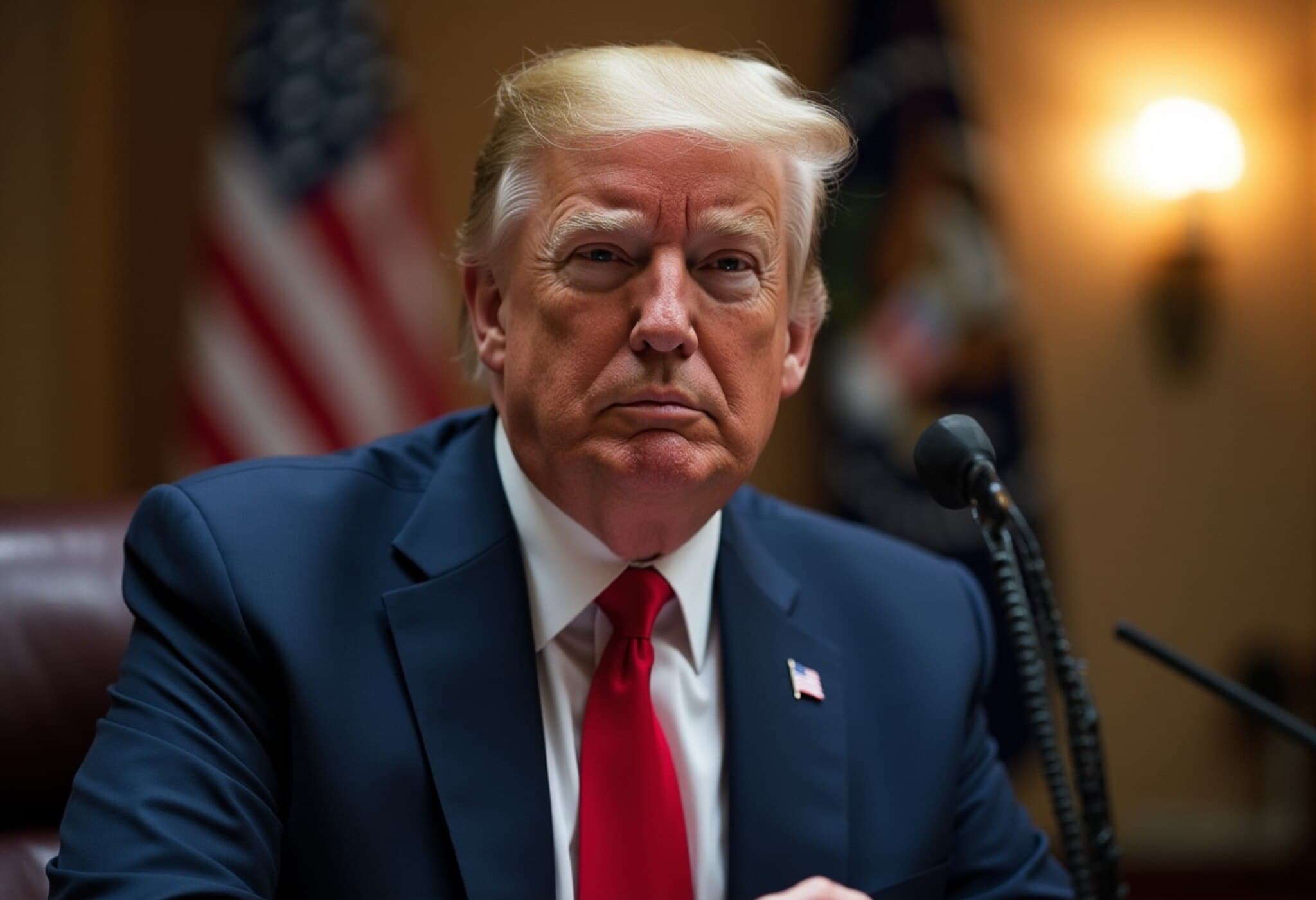Trump Signals Steep Tariffs Against Countries Importing Russian Energy
In a bold move underscoring continuing geopolitical tensions tied to the war in Ukraine, former US President Donald Trump has announced intentions to impose significantly higher tariffs on nations importing Russian crude oil—namely India and China. At a White House press conference on August 6, 2025, Trump threatened to dramatically hike tariff rates, citing concerns that these trade practices effectively finance Russia’s ongoing conflict in Ukraine.
Tariff Increases on the Horizon
While refraining from giving a firm percentage, Trump’s statements hinted at tariffs potentially reaching unprecedented levels. He declared, "I never said a percentage, but we'll be doing quite a bit of that. We'll see what happens over the next fairly short period of time." This announcement follows his prior imposition of a 25% tariff on India for its crude oil purchases from Russia.
During an interview with CNBC, Trump expressed sharp disapproval of India’s continued energy trade with Russia: "They’re fueling the war machine, and if they're going to do that, then I'm not going to be happy." He further took a pointed stance, saying India has not been a reciprocally fair trading partner, emphasizing, "They do a lot of business with us, but we don't do business with them." Trump promised a “very substantial” tariff hike within 24 hours if this situation remains unchanged.
India’s Response: Accusations of Hypocrisy and Double Standards
The Indian Ministry of External Affairs (MEA) swiftly responded to Trump's tariff threats, challenging the United States and European Union's alleged double standards. A statement issued by the MEA read, “It is revealing that the very nations criticising India are themselves indulging in trade with Russia despite the Ukraine war.” The ministry condemned the targeting of India as “unjustified and unreasonable,” affirming that India, like any major economy, must safeguard its national interests and economic security.
India has historically maintained a strategic energy relationship with Russia, which, combined with broader geopolitical and economic considerations, continues to shape its stance amid Western pressure to sever these ties. The MEA highlighted India's commitment to a balanced approach amid global tensions, emphasizing sovereignty in economic decisions.
Contextualizing the Tariffs: Economic and Policy Implications
The possibility of punitive tariffs against India and China signals a toughening US stance on enforcing sanctions related to the Ukrainian conflict. For India, which is among the world's largest energy importers, Russia’s discounted crude oil remains crucial to meeting its growing energy demands and stabilizing domestic fuel prices. Any substantial increase in tariffs by the US could not only strain a vital bilateral economic relationship but also complicate India's energy security calculus.
Experts note that such tariff measures could spur a recalibration of global energy trade flows, further fragmenting international relations and potentially pushing India and China closer to Russia or other alternative suppliers. At the same time, US policymakers might be aiming to leverage these tariffs as part of broader diplomatic efforts to isolate Russia economically.
Looking Ahead: Upcoming Talks and Global Repercussions
Trump also mentioned an upcoming meeting with Russian officials, stating, "We have a meeting with Russia tomorrow. We're going to see what happens." This comment adds a layer of complexity, suggesting ongoing diplomatic engagements amid stark trade threats.
The international community watches closely as this evolving dynamic between major powers unfolds, impacting global trade, geopolitical alliances, and the balance of international norms concerning conflict financing.
Editor’s Note
Trump’s tariff threats spotlight the intricacies of balancing geopolitical strategy with economic interests. While aiming to curtail support for Russia’s war efforts, these measures raise critical questions about the efficacy and repercussions of unilateral trade sanctions. How will India navigate its energy security without alienating its key partners? Can the US reconcile its pressure tactics with fostering cooperative global relations? The coming weeks promise pivotal developments shaping the future of international trade and diplomacy.
Author Bio: Our global affairs desk comprises seasoned journalists specializing in geopolitical analysis and international trade, committed to delivering nuanced insights into the forces shaping today's interconnected world.

